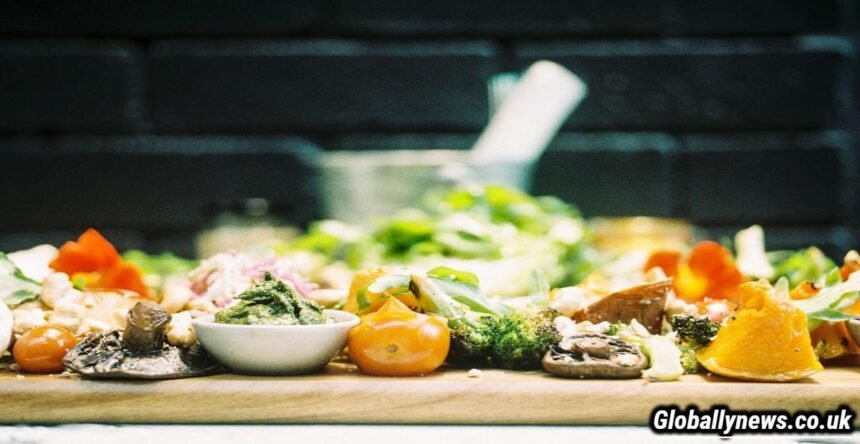For any culinary professional, the importance of having quality kitchen equipment can’t be overstated. It’s a critical investment that pays dividends in terms of food quality, kitchen efficiency, and overall customer satisfaction. The choice of tools and technology in your commercial kitchen can drastically improve the workflow and enable chefs to push the boundaries of creativity. Ultimately, the right equipment can serve as a stepping stone to culinary excellence. Keep reading to discover how this investment in quality truly makes a difference in the food service industry.
The Relationship Between High-Quality Equipment and Culinary Success
High-quality equipment grants chefs the precision and control necessary for culinary perfection. With consistent temperatures, even cooking, and reliable performance, the margin for error considerably narrows, paving the way for consistent outcomes. This reliability allows chefs to duplicate that perfect dish time and again, ensuring customer satisfaction.
Consider the contribution of a high-performance range or a rapid recovery fryer. These pieces of equipment can greatly improve kitchen efficiency, translating to shorter wait times for diners. Streamlined processes reduce food wastage and operational costs, indirectly contributing to a healthier bottom line. It’s also about the craftsman’s pride; chefs value tools that elevate their artistry.
The Impact of Advanced Cooking Tools on Flavor and Presentation
Advancements in cooking tools have opened new avenues for chefs to explore flavors and presentation. The preciseness of induction cooktops, for example, allows for subtle adjustments in temperature, impacting the texture and taste of delicate ingredients.
The visual allure of a dish is often a diner’s first impression, making presentation just as critical as taste. Tools like precision torches for crème brûlée or beautifully constructed molds for desserts speak to the attention to detail that diners appreciate. Plating tools, like tweezers and squeeze bottles, help in meticulously adding finishing touches to each dish, showcasing a level of finesse that becomes part of a restaurant’s signature.
Balancing Cost With Quality: Investing in the Right Kitchen Gear
While the allure of advanced kitchen gadgets is strong, restaurant owners must balance the cost with the expected quality and return on investment (ROI). Investing in high-end equipment can seem daunting, but it often leads to long-term savings through durability, energy efficiency, and lower maintenance costs. Rational financial planning includes identifying which pieces of equipment are worth the higher upfront cost due to their central role in food production and service.
It’s critical to select gear that aligns with the restaurant’s menu and cooking style. A high-powered grill might be essential for a steakhouse, while a specialty bakery might allocate more funds toward advanced ovens or mixers. This targeted investment ensures that the equipment not only enhances food quality but also meets the specific needs of the culinary team.
Maintenance and Upkeep: Protecting Your Culinary Investment for Optimal Performance
Maintenance and proper upkeep are essential for ensuring that culinary investments continue to yield optimal performance. Regular cleaning schedules, preventive maintenance, and timely repairs prolong the life of kitchen equipment. This is essential for devices like ice machines and refrigerators, which require consistent performance to meet health regulations and preserve the integrity of perishable ingredients.
Training staff on the correct usage of equipment can prevent misuse and the potential for damage. Knowledgeable staff are also more likely to identify early signs of equipment failure, allowing for timely intervention and repair. This, in turn, minimizes downtime in the kitchen, a crucial factor during high-volume service hours. Regular updates on best practices and new features can also ensure that staff are leveraging the full capabilities of the tools at their disposal.
Notably, the support of professional-grade equipment is important as well. Baristas, for example, depend heavily on their espresso machines to pull the perfect shot. The connection between equipment quality and service excellence applies across all facets of a restaurant’s operation. For those looking for superior tools tailored to the Portland market, ensuring access to top-tier supplies, like those found at Restaurant Supply Portland, is key.
Overall, the journey to culinary success relies heavily on the tools of the trade. Selecting and maintaining high-quality kitchen equipment is a fundamental aspect that can define a restaurant’s reputation. By embracing the delicate balance of cost and quality, while ensuring proper upkeep, restaurateurs can secure the recipe for sustainable success, one plate at a time.
